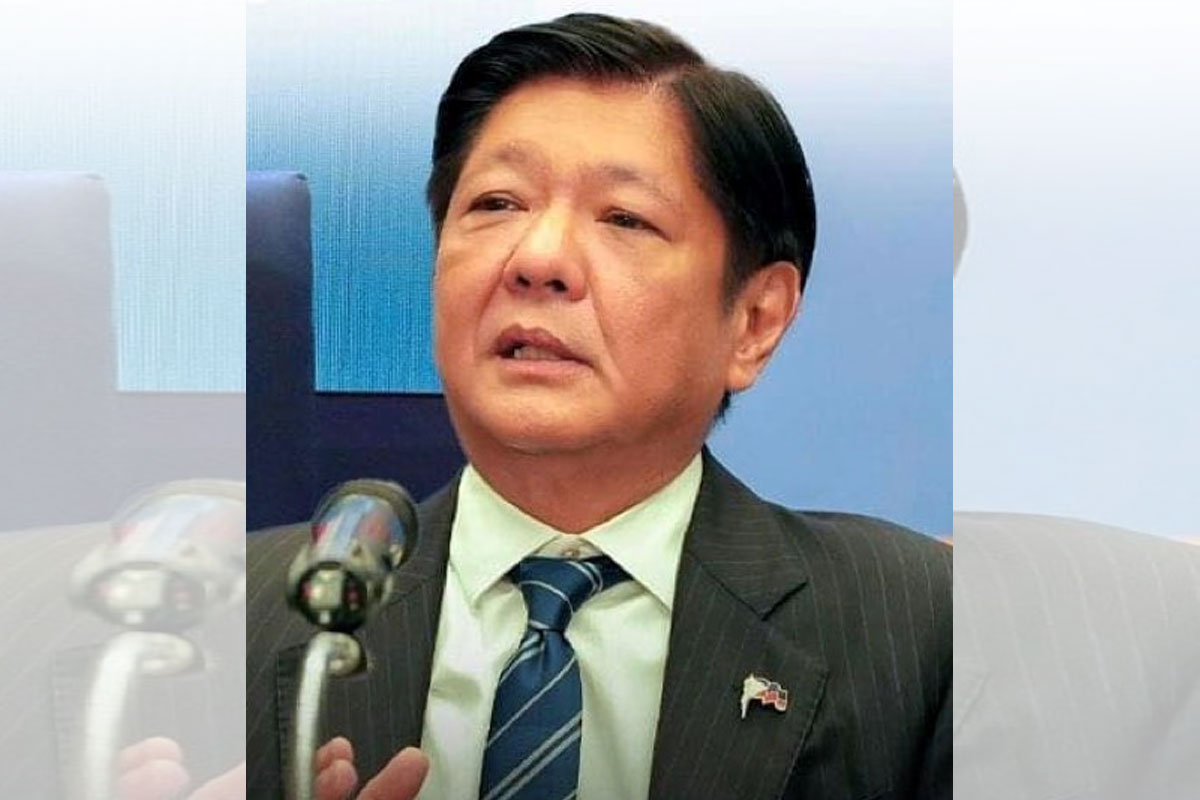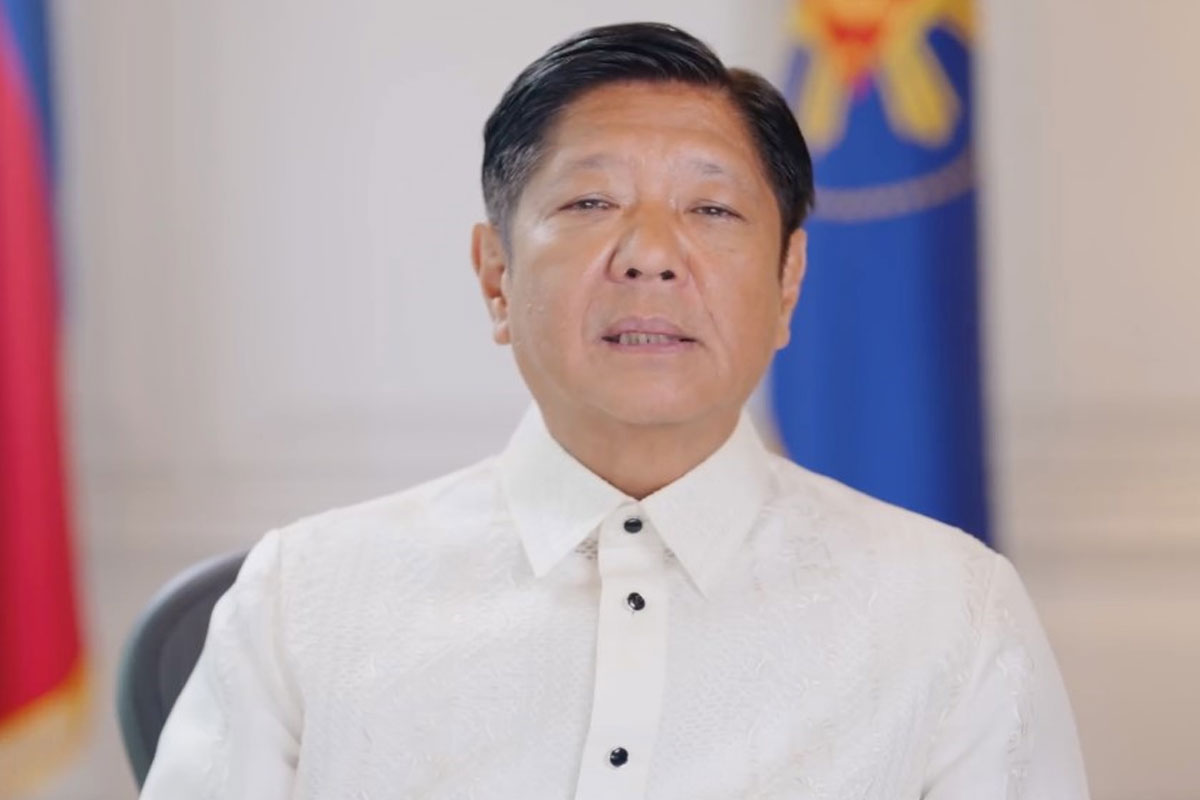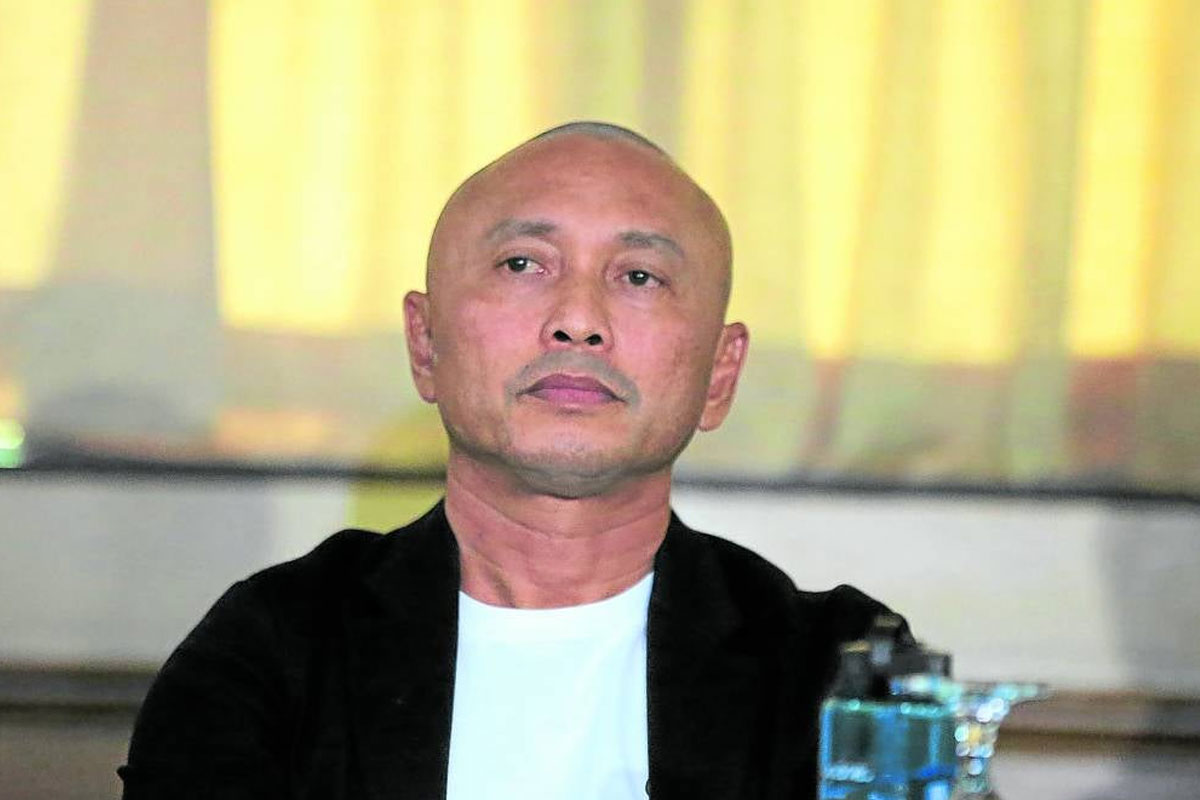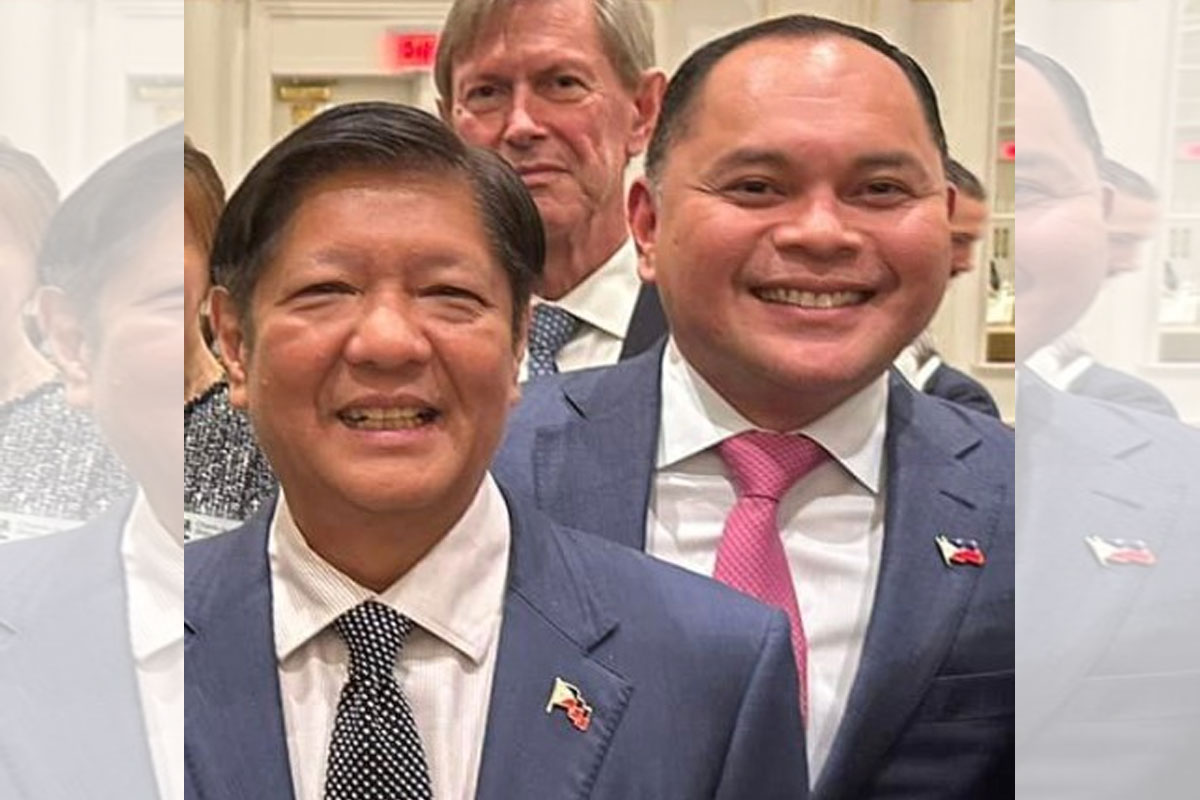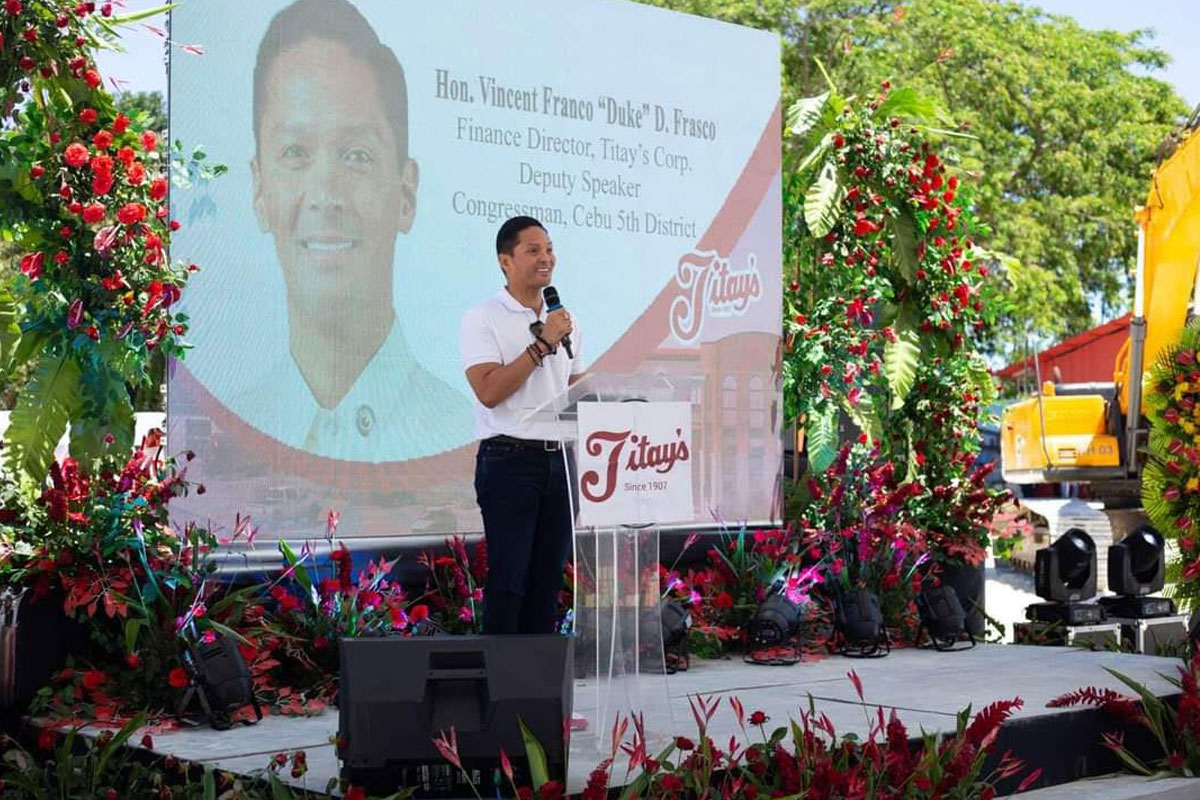
Natividad orders review of NCRPO drug conviction rate
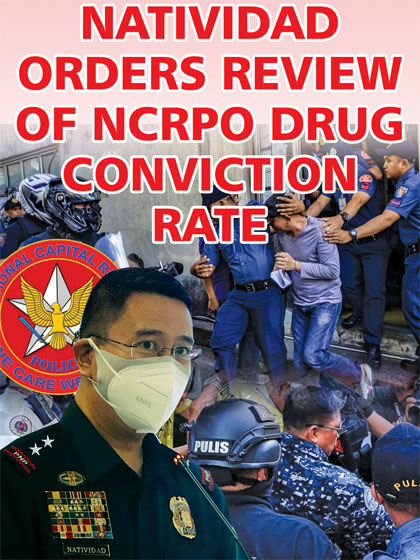 NATIONAL Capital Region Police Office (NCRPO) director, Major General Felipe R. Natividad has ordered the review of all cases for violation of Republic Act 9165 or the Comprehensive Dangerous Drugs Act of 2002 filed by different NCRPO units in Metro Manila amid their effort to further increase their drug conviction rate, the Journal Group learned yesterday.
NATIONAL Capital Region Police Office (NCRPO) director, Major General Felipe R. Natividad has ordered the review of all cases for violation of Republic Act 9165 or the Comprehensive Dangerous Drugs Act of 2002 filed by different NCRPO units in Metro Manila amid their effort to further increase their drug conviction rate, the Journal Group learned yesterday.
According to the NCRPO chief, he issued the instruction in the wake of Department of Interior and Local Government Secretary Benjamin ‘Benhur’ C. Abalos Jr.’s call on the Philippine National Police now headed by Lieutenant General Rodolfo S. Azurin Jr. to increase its drug conviction rate nationwide as he noted the PNP’s low conviction percentage during the past Duterte administration.
Natividad said that from January 1 to July 22 this year, his men investigated a total of 6,378 cases for violation of RA 9165 against thousands of arrested drug personalities.
Of this number, 5,183 cases were already filed in court; 916 still under preliminary investigation; 277 were for updating while the remaining 2 were either resolved/dismissed and for further investigation.
The official said the Southern Police District headed by Brigadier Gen. Jimili L. Macaraeg filed the most number of cases—2,226—in court.
Natividad has called on all his anti-narcotics officers and men to be really serious in their undertaking as their actions are being constantly monitored by the PNP leadership.
“The ongoing review will continuously be carried out and more in-depth scrutiny on the operation flaws must be done to determine areas of improvement,” he said.
The official said concerned NCRPO regional staff officers have already been directed to take steps to enhance and hone the skills, knowledge and correct perception of drug operatives and apprehending police officers and investigators to ensure conviction of every drug complaint filed before the court.
They also include a plan to update NCRPO personnel on current legal trends in drug cases thru constant consultation, dialog and conduct of lectures and seminars by state prosecutors and judges handling drug cases to correct previous malpractices in drug operations and handling pieces of drug evidence which were the usual cause of dismissal of cases.
“Our anti-illegal drug campaign is one of our primordial concerns here in Metro Manila. Apart from the filing of complaint, we also make sure that we continue to monitor the cases filed against arrested suspects and we ensure that we are able to provide necessary support and assistance to the prosecution for the effective and efficient resolution of cases,” said Natividad.
Earlier, the PNP leadership said it has already instituted a number of measures to further increase its drug conviction rate including the activation of own ‘court monitoring teams’ as well as a policy which requires their men to full adhere to their court duties under pain of courting administrative and even criminal charges.
A 2021 Revised PNP Operational Procedures in fact said that PNP units are required to monitor all cases filed by their investigators at the prosecutor’s office up to the final resolution. Investigators are also required to upload in the Case Information and Database Management System of the PNP Directorate for Investigation and Detective Management all their case folders and updates for easy monitoring.
During the time of Chief Justice Maria Lourdes Sereno, she said that lack of government lawyers and non-appearance of witnesses are some of the factors that led to the dismissal of drug-related cases or those involving violation of Republic Act 9165 or the Comprehensive Dangerous Drugs Act of 2002 in courts.
“Many drug cases are delayed or dismissed by the following reasons: the absence of police witnesses, the dearth of public prosecutors and public attorneys and the weak evidence of the prosecution in relation to the rules on chain of custody and inventory of seized drugs and paraphernalia,” Sereno said.
The former Chief Justice emphasized that the Department of Justice had filed cases left and right but there is not enough prosecutors to handle them as the DOJ then has vacancies for around 500 prosecutors.
Sereno said he had already shared her observation with the DOJ, the National Prosecution Service, Public Attorney’s Office, the Department of the Interior and Local Government, the PNP and the National Bureau of Investigation.
“There has to be a continuous trial to expedite the procedure, she said. In order to fast-track the proceedings, Sereno also said there has to be two prosecutors and two public attorneys for every judge.
Ironically, Section 90 of RA 9165 states that the Supreme Court shall designate special courts from among the existing Regional Trial Courts in each judicial region to exclusively try and hear cases involving violations of the anti-drug law.
The law says that the number of courts designated in each judicial region shall be based on the population and the number of cases pending in their respective jurisdiction. It also says that the DOJ shall designate special prosecutors to exclusively handle cases involving violations of RA 9165, the preliminary investigation of which shall be terminated within a period of 30-days from the date of their filing.
RA 9165 says that when the preliminary investigation is conducted by a public prosecutor and a probable cause is established, the corresponding information shall be filed in court within twenty-four (24) hours from the termination of the investigation. If the preliminary investigation is conducted by a judge and a probable cause is found to exist, the corresponding information shall be filed by the proper prosecutor within forty-eight (48) hours from the date of receipt of the records of the case.
“Trial of the case under this Section shall be finished by the court not later than sixty (60) days from the date of the filing of the information. Decision on said cases shall be rendered within a period of fifteen (15) days from the date of submission of the case for resolution,” the law says.
However, that seems to be in paper only and as proven by revelations made by DOJ chief Jesus Crispin ‘Boying’ C. Remulla and DILG Secr. Abalos two weeks ago.
A long-time Mandaluyong City mayor familiar with the works of the police force, Sec. Abalos said that from 2016 to July 2022, only 21 percent or 62,061 of the 291,393 cases for violation of Republic Act 9165 or the Comprehensive Dangerous Drug Act of 2002 filed by the PNP led to conviction.
The majority of these cases at 223,579 or 77 percent remained pending before different courts, while the rest were dismissed or led to acquittal, Abalos said.
Lt. Gen. Azurin led the PNP in thanking the DILG and DOJ chiefs for their help in further increasing their drug conviction rate saying the DILG-DOJ support will further increase the police’s confidence in battling drug trafficking syndicates in the country specifically those led by moneyed and influential people including foreigners who have the capability to hire the best lawyers they can get.
The PNP Drug Enforcement Group headed by Brigadier Gen. Randy Q. Peralta said that last year, they achieved a 69.57 percent conviction rate which he attributed to the filing of airtight cases against arrested drug personalities and their no-nonsense court monitoring activities.
Brig. Gen. Peralta said that during the period, a total of 423 court hearings were attended by 163 PNP-DEG personnel which greatly contributed to the successful resolution of cases.





